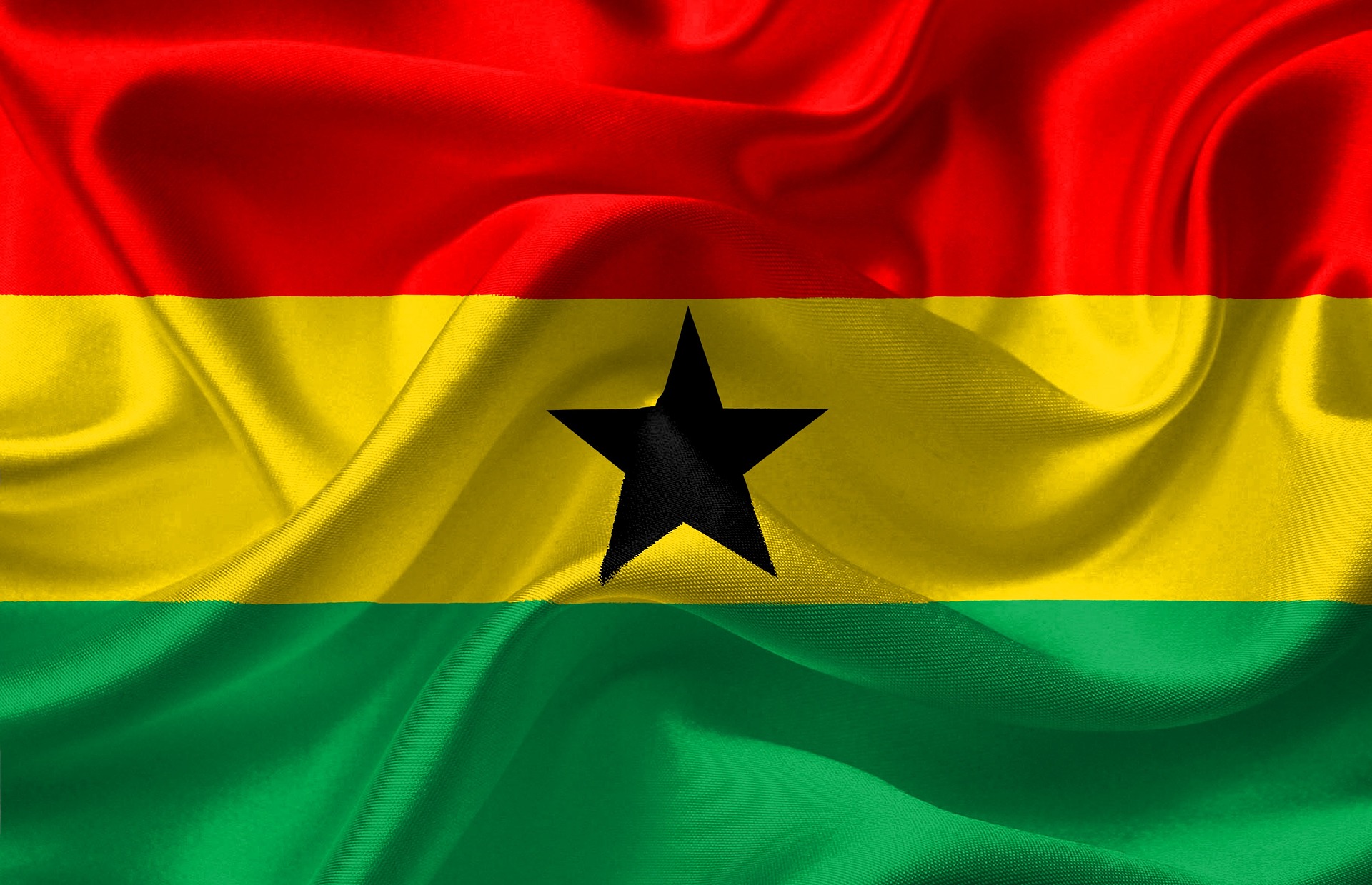
Name:The Republic of Ghana.
Airport: Kokota International Airport (ACC) in Accra.
Capital: Accra
Population: 30 million
Languages: English, Asante, Twi, Ewe, others
Time: GMT
International dialling code: +233
Voltage: 220 AC, 50 Hz
Vaccines: yellow fever cert, Malaria pills are a must
Visas: Visa required
Money: Cedi (GHS), British pounds, euros, and US $
If you want a more detailed page try the CIA world fact book here
Weather:
Around 30-35ºC all year round. Rainy season in the north is April-October, and the south has rain from April to June and September to October, making the best time to visit between October to April. There’s lower humidity, less mosquitoes, and less mud, making easier travelling conditions.
Also, the main cocoa harvest starts in October, so that's the best time for me!
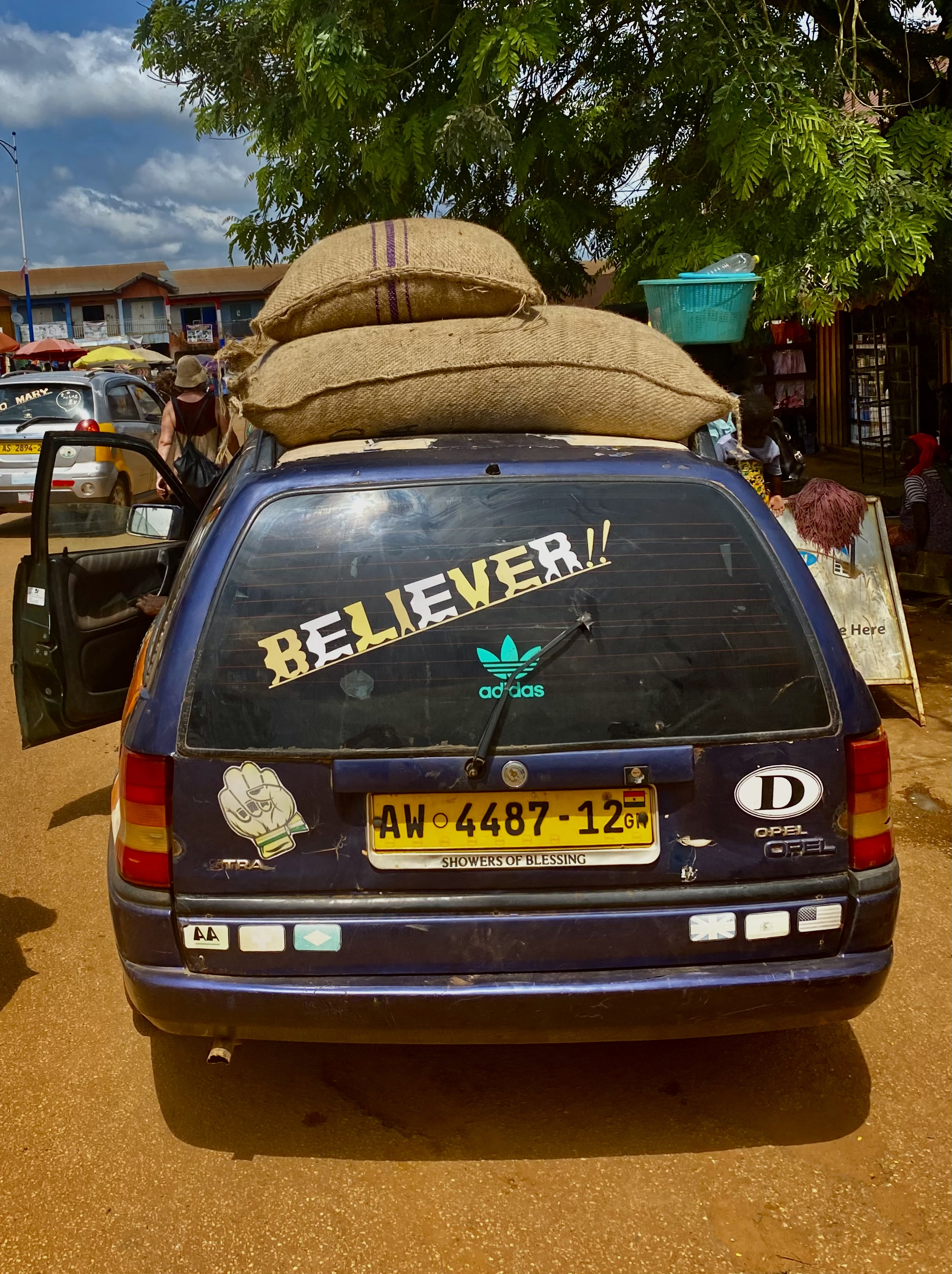 Underestimate Accra traffic at your peril.
Underestimate Accra traffic at your peril.
Accra traffic is not for the faint of heart, but if you do want to drive you will need an international driving permit from the post office before you leave the UK.
You may want to visit a place that is only 15 minutes away from your accommodation, but it could take an hour and a half because of traffic so it maybe easier to walk.
It's best not to book fixed time appointments for a place if you don't have to; you have to learn to go with the flow African time is real embrace it.
Taxis/buses:
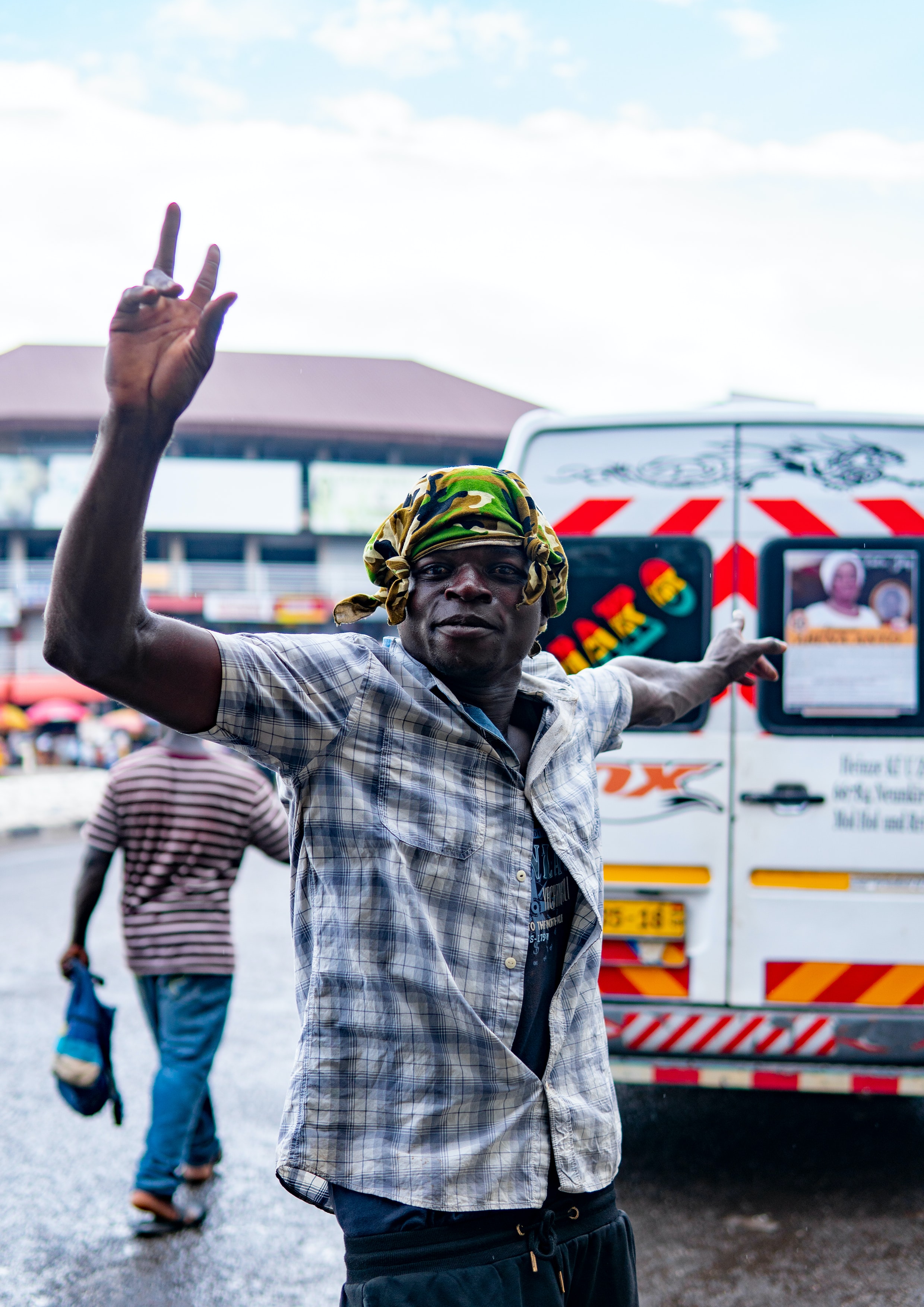
Download Uber and Bolt before you arrive, paying by card is an option on both apps, but don’t plan on using it.
Most drivers want cash and will cancel your ride if they find out you are paying using your card, or it could be an issue once you arrive at your destination.
You can always ask the driver to stop at an ATM before the final drop-off point.
I found this great blog about how to get the best from it here
It seems that all the cars in Ghana are taxis, both private and shared taxis.
Private taxis charge a negotiable rate and shared cabs offer a cheaper fixed-fare.
Tro-tros are everywhere, but are slower and not as safe or comfortable for tourists as the buses.
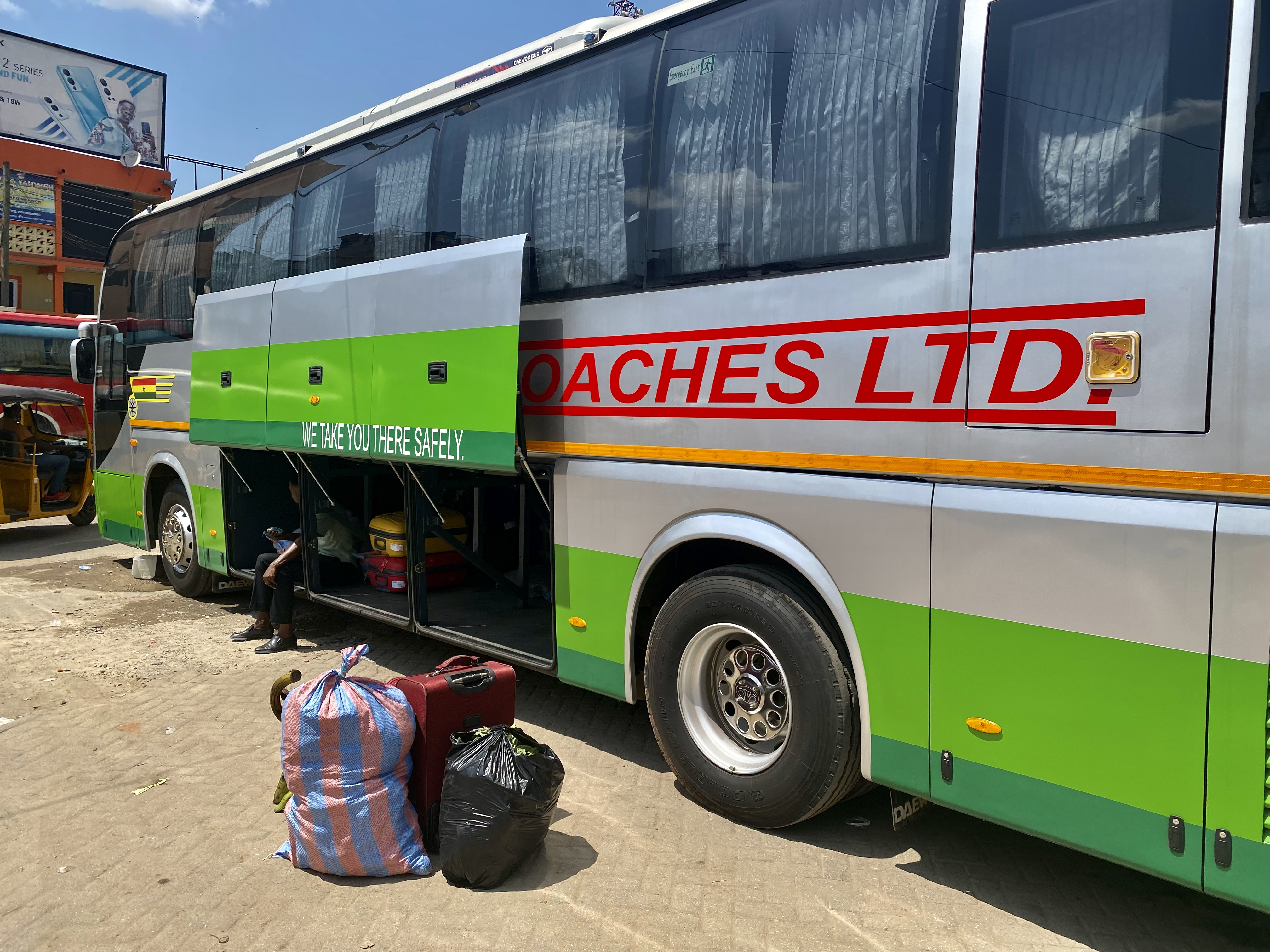 I love the buses I took one from Kumasi to Accra a six hour ride! the buses are a safe, clean with large reclining seats, air conditioned, cheap, and a reliable option they run through the night with one comfort stop.
I love the buses I took one from Kumasi to Accra a six hour ride! the buses are a safe, clean with large reclining seats, air conditioned, cheap, and a reliable option they run through the night with one comfort stop.
General notes:
Ghana is relatively safe, compared to many other African countries, so please dont be put off by my observations if you take the usual precautions like you would in any large city and try to avoid travelling after dark.
Road travel can be challenging especially during the rainy season and at night.
Medical
Outside the main towns and cities medical facilities can be basic take a small first aid kit with you.
Malaria and other water-borne diseases like cholera are common (use only filtered water).
You should also guard against meningitis, tetanus, bilharzia, and tickbite fever.
About half of all visitors will suffer from some form of travellers’ diarrhoea.
Photocopy your passport.
If you plan to visit cities outside of Accra, print a copy of your passport to keep in your bag as you travel around.
Forget you have a left hand In Ghana, actions like eating, waving and handing an item to someone are to be done with your right hand only (sorry, lefties!).
From an early age, many Ghanaians are taught that their left hand is to be used for cleaning themselves in the bathroom. Therefore, your left hand is considered unclean and shouldn’t be used for eating and other activities, also using your left hand for gestures and main tasks is considered highly disrespectful.
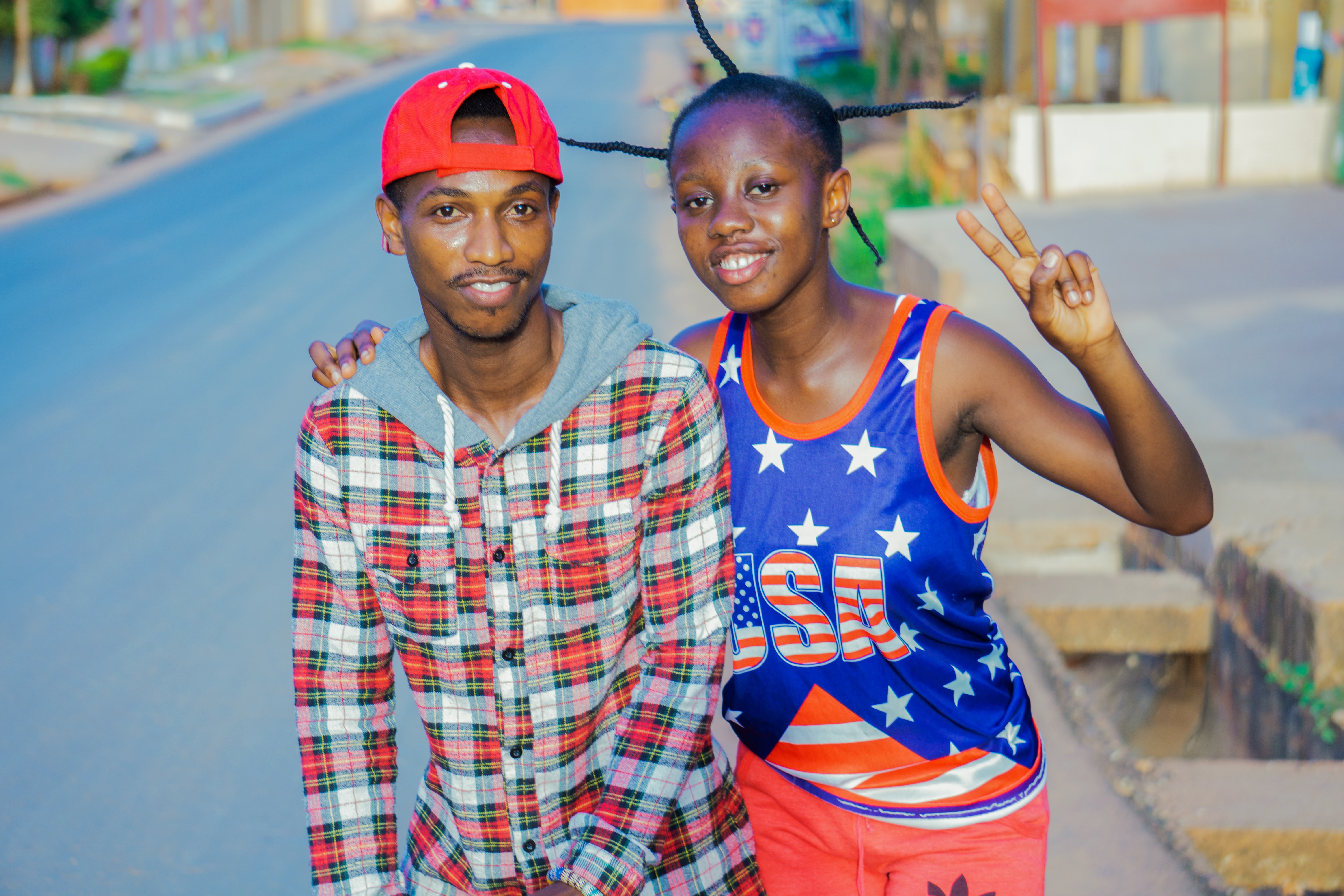 Always greet others.
Always greet others.
Greetings in Ghana are a big deal, and it’s considered rude to not greet others. When you enter a room, you should say hello, good morning, good afternoon or good evening.
When you meet a group of adults greet them with a handshake, start with the person on the farthest right.
Learn some common phrases in Twi and other languages.
English is widely spoken in Ghana, but the country is home to many different ethnic groups who all have their own language, Twi, Ewe, Ga and Krobo are a few of many languages spoken depending which region you are in.
It's important to remember that not everyone speaks English, especially once you leave Accra and head into the rural areas.
Learning a few phrases in the local language is always appreciated and embraced by Ghanaians.
‘Akwaaba’ – welcome.
‘Medaase’ – thank you!
‘Obruni!’ –foreigner
‘Chale’ –friend or mate.
‘Abeg’ – please,
‘Chop’ – to chop’ is to eat. Street food stalls are called chop shops.
1.jpeg) Respect age.
Respect age.
Respect for seniors is intrinsically Ghanaian, you shouldn’t ever greet elders with your hat on, If you are wearing a hat, take it off completely or tip it halfway.
Offer your seat on the bus for those older than you.
Crossing your legs and having your hands in your pockets in the presence of elders are gestures that are considered rude and frowned upon.
Keep an eye on your belongings.
Like in any big city pickpockets and petty thieves are on the look out for easy pickings take extra care in crowded areas like Osu, Madina and Makola Market.
Always keep your bag in front of you and away from the roadside to avoid snatching incidents.
Don't carry a large amount of cash on you. Your phone should always be in sight and accounted for.
Motorcyclists in Accra have been known to snatch phones out of the hands of people as they are passing by both in cars and when walking. It is wise to never stick your phone out of a car window for pictures and videos.
Expect to be stopped by the police.
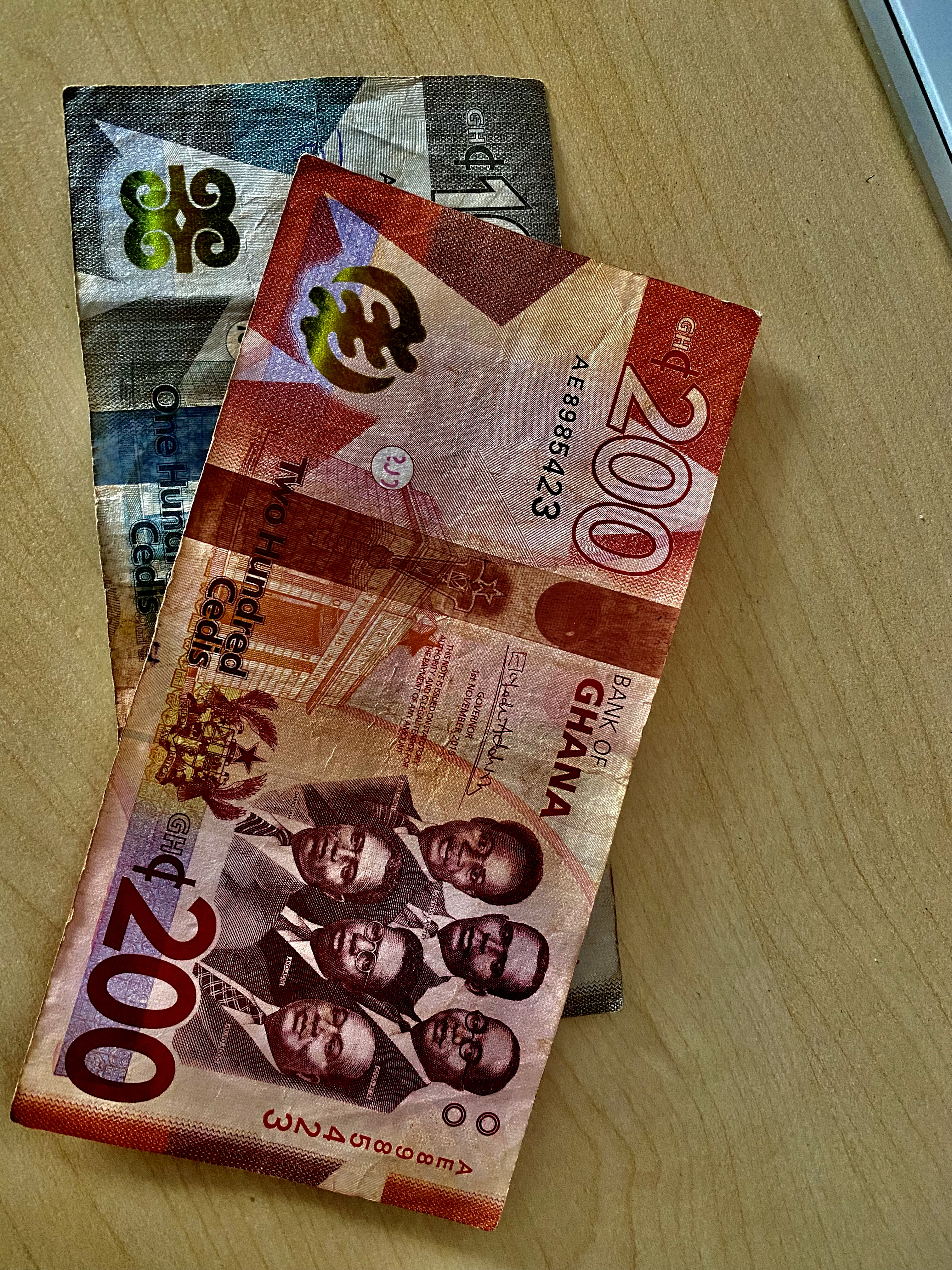
In Ghana this happens often more so at night but they do sometimes happen throughout the day too we were stopped about four times over three weeks..
Your vehicle can be randomly searched by officers, they may ask for ID a photocopy usually is ok they may search your bag or look in the boot.
These searches usually last for about five minutes.
I was advised that bribery although discouraged is still common in Ghana, and you may be asked to "dash" officers, which means tip. You can choose to give it or not as it's often only C10 to C20 £1-2 but it may make the difference between a five-minute stop and a 40-minute one. We didnt experience that at all.
In my limited experience the police are usually friendly. They may have a “tough guy” attitude at first, but like with most people as you talk to them more, their guard comes down a bit .
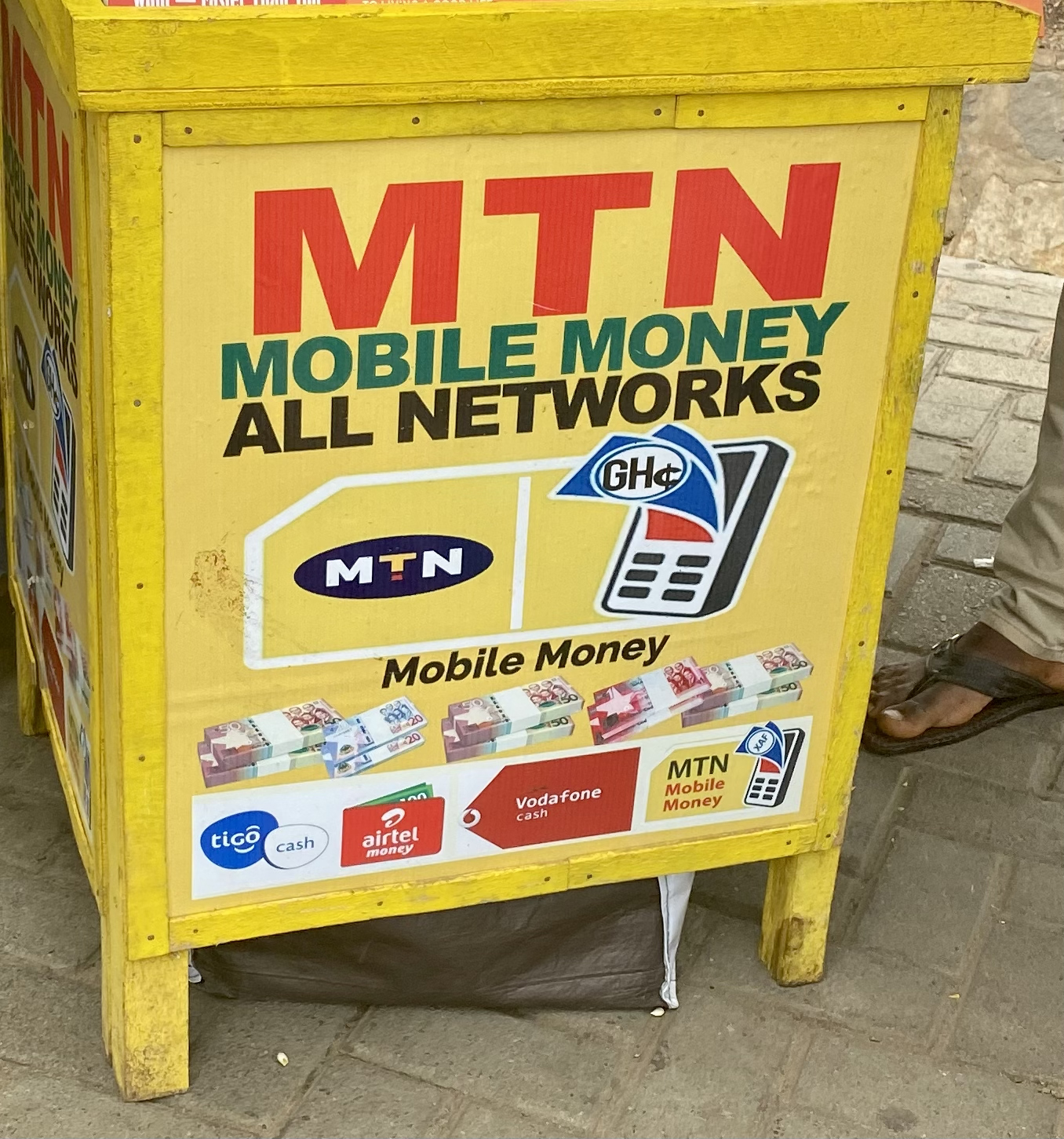 Money talks.
Money talks.
When you’re in Ghana, always have some cash on you, cash is king so you don’t find yourself stuck, not everywhere take card payments, ATMs are everywhere in Ghana, but not always working but getting cash in the city and towns is possible locals use mobile money on thier phones.
Drinking the water.
Drinking tap water in Ghana isn’t a good idea because there’s no guaranteed way to know whether the water has gone through the proper filtration measures to ensure it is safe.
Boil your water or use a water filter before you drink it. I carry a water bottle that filters too.
You will be able to buy plastic bags of filtered water to drink on the streets and shops.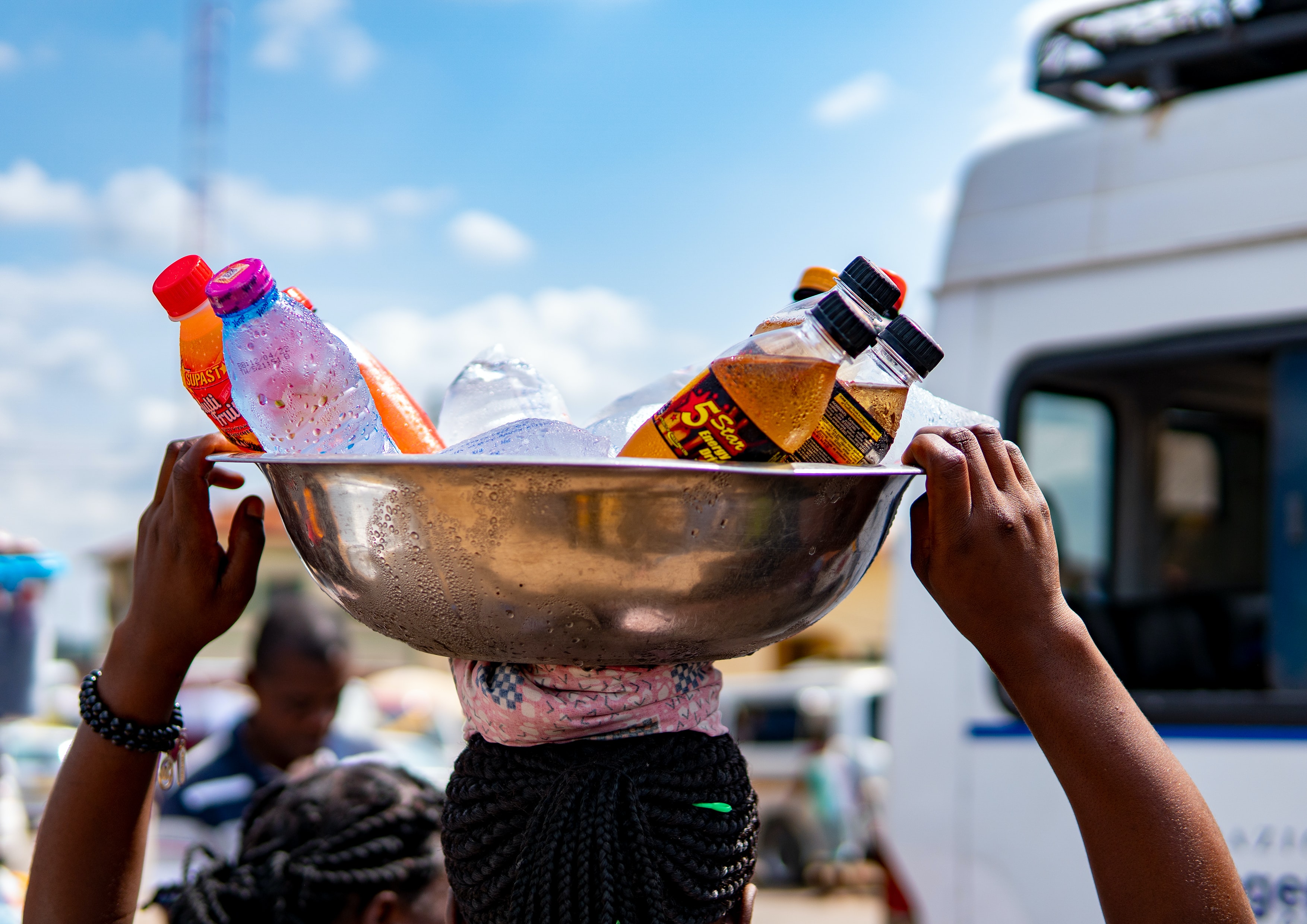
Local SIM cards with data and local phone number.
Get a SIM card at Vodafone there, at A&C Mall in Accra so that you can have a Ghana number. Ghanaians like to talk more than texting and online communication.
Taxi drivers often call their passengers mobiles to find out exactly where they are and wouldn’t want to have to make an international call.
Expect a weak wi-fi signal .
Ask your accommodation about wi-fi speeds before your arrival if you plan to use it for business.
